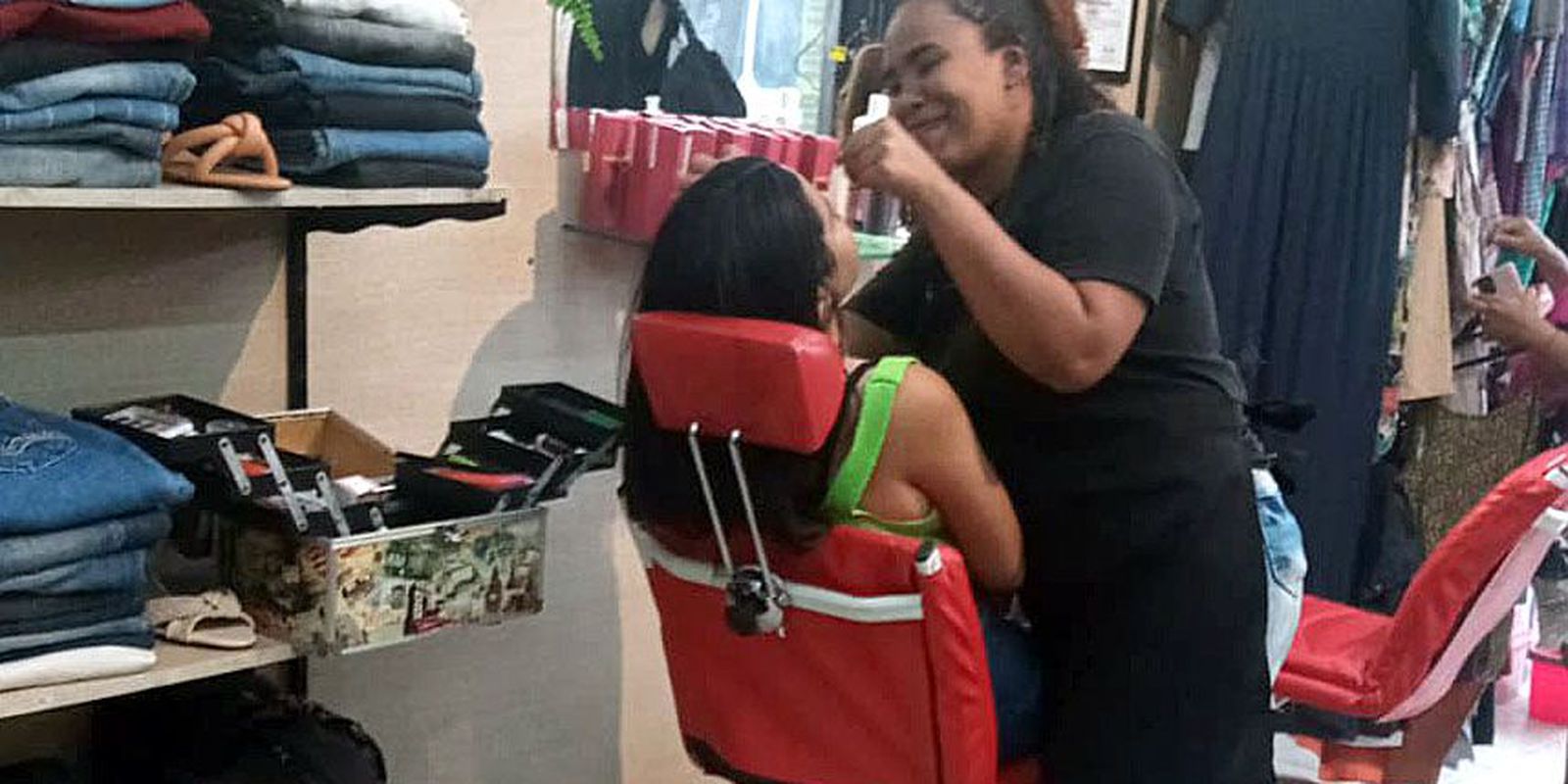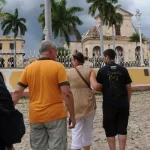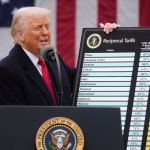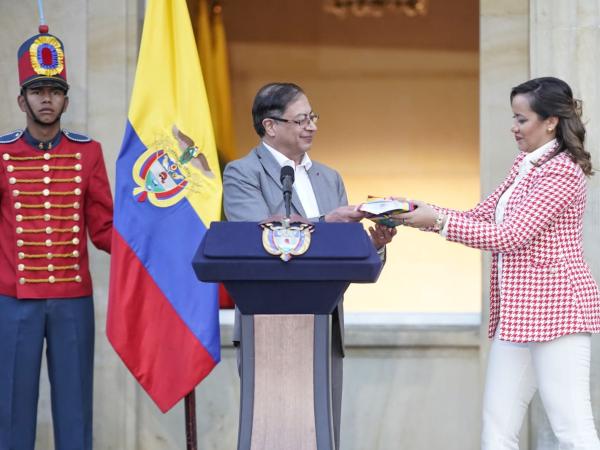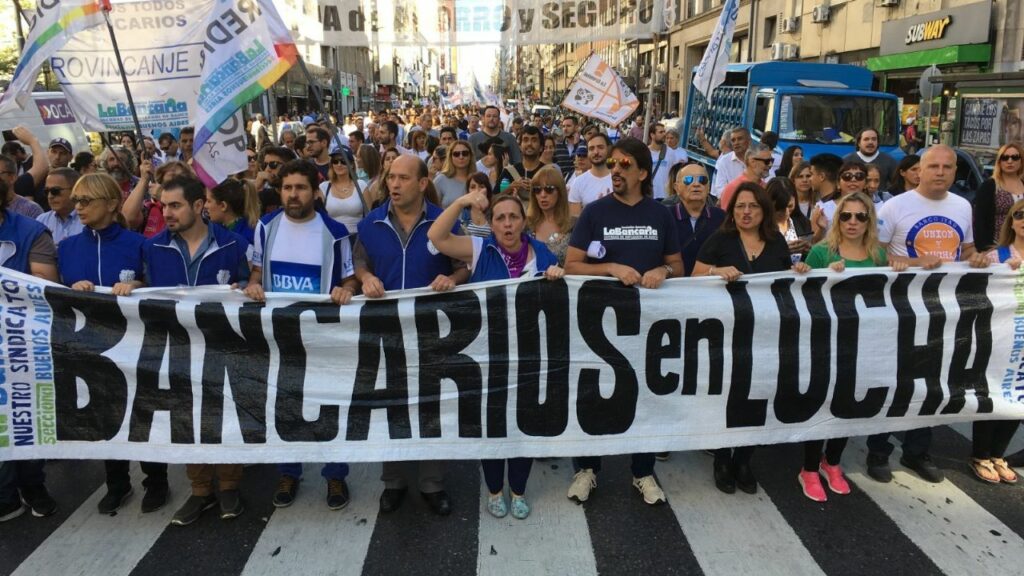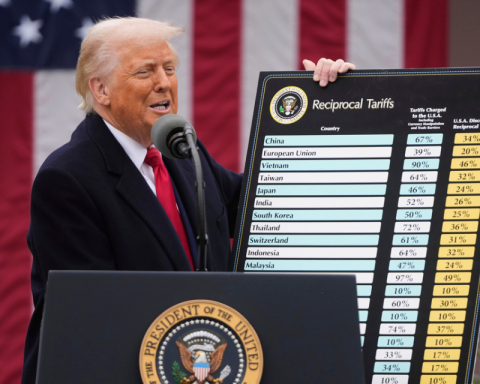The (Re)conquest Project, a partnership between Phi Institute, Stone and Banco da Providência, is open for registration until March 8 to train non-profit non-governmental organizations (NGOs) located in the Southeast and Northeast regions, focusing on entrepreneurship and poverty reduction. Entries can be made here.
According to Phi Institute’s Project coordinator, Julia Rampini, this year 30 NGOs will be selected, including organizations that participated in previous groups, continue to apply the program’s methodology and receive financial support to impact their beneficiaries. The goal is for each of the NGOs to have a training class with 25 people enrolled.
At the end of the training, the ten beneficiaries who present the best personal business and do the picth (short presentation) of entrepreneurship also take a seed kit – a card, worth R$ 1,200 – to buy the necessary items, equipment and material, in order to start entrepreneurship, said Julia. According to her, the NGOs understand what the greatest need is in those territories so that people can undertake careers that make sense in those regions. The idea is that 300 entrepreneurs receive the seed kit.
phases
This is the third consecutive year of (Re)conquista, which invests in local development to combat poverty and generate positive impacts on society by encouraging entrepreneurship. The training focuses on NGOs that work or plan to work with productive social inclusion for vulnerable people. Lasting approximately six months, (Re)conquista adopts the three-phase methodology, developed by Banco da Providência and certified as a social technology.
In the first phase, the objective is human development, valuing the individual and resuming self-esteem, as these are people who live in poverty or extreme poverty. The idea is that the person sees himself as a transforming agent of his own history. The second stage is professional training in different segments, such as civil construction, crafts, sewing, beauty and personal care, and cooking.
In the third phase, the entrepreneurial skills and abilities of the participants are developed. The objective is to learn how to generate resources and income based on what was taught in the previous phases. This stage offers participants a six-month mentorship.
Expansion
In 2021, the first year of the (Re)conquest, 173 organizations participated in the selection process carried out by the Phi Institute and 18 were selected for the project, with almost 400 people participating in the training. Of these, 372 received seed capital to start their businesses. In the first year, the program invested more than R$ 1 million in training and initial capital for participants.
Last year, participating NGOs increased by 22%. There were 22 NGOs performing 27 groups and a 17% growth in the total number of entrepreneurs selected for Phase 1, with 724 people reached by the (Re)conquest. After training in the three-phase method, the NGOs had a period of mentoring with consultants from the Instituto Visagio Iniciativas Sociais (VIS), in Rio de Janeiro, to implement the lessons learned from the course.
A social arm of the consulting firm Visagio, VIS offers professional management in the third sector, considering that management maturity in the area is a challenge in the Brazilian scenario. For eight weeks, training is offered with recorded classes, doubt-solving sessions, proposed exercises and workshops for training participants.
For the next editions of (Re)conquista, Reinforço em Gestão by Instituto VIS was incorporated as a training module for non-governmental organizations at the beginning of the program.
Network
(Re)conquista also generated important arms for the growth of the program and brand consolidation. One of them is (Re)une, a network created in 2022 to enhance exchanges between social entrepreneurs. According to Júlia Rampini, it is possible to have many exchanges and meetings based on course themes. NGOs in the sewing area, for example, can have good practices and see what the others have in terms of difficulties, learning, solutions, social technologies so that they can add.
According to Julia, although she initially worked throughout Brazil, this year, the program has a specific focus on the Northeast and Southeast. “The vulnerable public that seeks to undertake always has similar profiles, and we are always looking for these organizations to connect, strengthen and strengthen partnership ties”. She highlighted that the methodology developed by Banco da Providência was tested in the city of Rio de Janeiro and Baixada Fluminense and is now being taken to other regions, including to better understand the characteristics of each one of them.
SOS Revive
As a result of the program, Instituto SOS Reviver created, in Nilópolis, in the Baixada Fluminense municipality, a coworking beauty salon, shared space for providing services to students trained in (Re)conquista and other professional courses. To raise more funds for the institution, the place was also used to sell donated clothes.
The financial manager of the NGO, Maicon Francisco Oliveira de Souza, said that, for the organization, the (Re)conquest came as a novelty and contributes to the human development of the beneficiaries. Until then, the NGO had operated in assistance, but, right from the start, the need for socio-emotional development was highlighted, which was the main cause of blockage in beneficiaries. “Working on this, they suddenly had a boom and began to see themselves as people with rights. Today, we have some success stories. We see that there are people before the (Re)conquest and after the (Re)conquest. They give us security, as if they had just come into the world.”
SOS Reviver serves more than 220 families. After the (Re)conquest, the NGO saw the need for socio-emotional and human development, in addition to professional development, said Souza. The organization also takes care of training young people, directing them to the job market, with school reinforcement classes and sports, such as chess and judo.
Phi Institute
Instituto Phi is a non-governmental organization that advises individuals and companies to strategically plan their philanthropy, while at the same time strengthening the management of social projects and creating innovative and customized solutions to leverage the Third Sector.
In seven years, Phi has already supported more than 1,300 social projects across the country, moved more than BRL 154 million to the Third Sector and impacted the lives of more than 2 million people.
